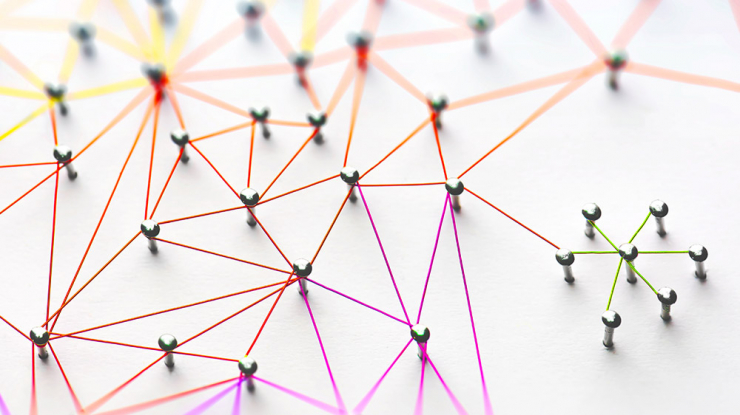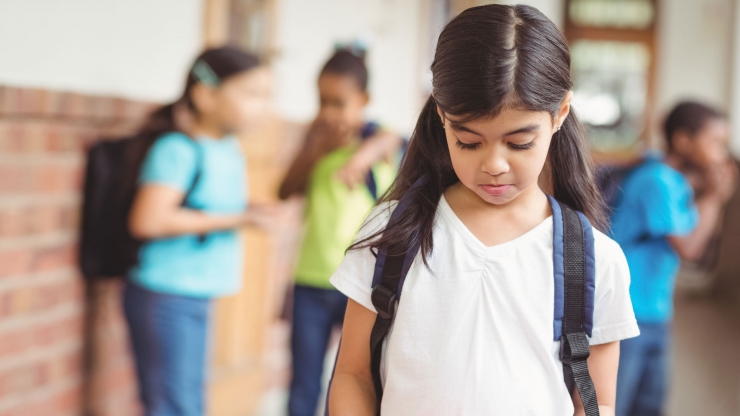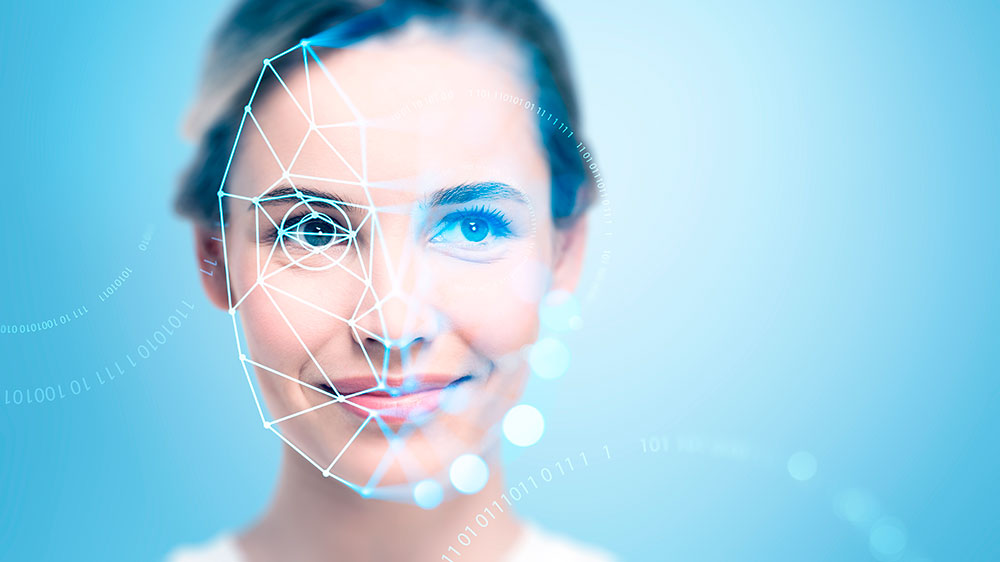Cases like this are unfortunately not uncommon in the digital world. Only a few years ago, there was talk of the “Internet revolution”. The Internet was celebrated as a democratic and democratizing medium. Many net activists believed that the social networks would not only connect people, but that this form of social interaction could even create a new supervisory body, a kind of fifth power.

Standards and values as we know and live them offline are often ignored on the Internet today. The alleged anonymity of social media seems to make it easy for people to post hurtful comments and hate messages. How do we deal with this when there are always people who deliberately break norms and values, who bully or let their hatred run wild? Is it possible to turn the Internet into a truly social and democratic medium?
There is no universal definition of responsibility. This can be based on different things, such as different cultures, morals, social norms or the applicable law. It may relate to actions, omissions or circumstances that have arisen without personal intervention. Responsibility can be understood as the obligation of a person, group or institution to assume responsibility for certain circumstances. A right to freedom, for example, entails a responsibility to respect the freedom of others. Or as former German President Joachim Gauck put it: “The freedom of adults means responsibility.”
There are important standards and rules that relate to one’s own behavior on the Internet. Some of them are even fundamental rights, for example the fundamental personal rights, such as the right to one’s own image. Others are not allowed to publish information or pictures of persons without their explicit consent or to tag them on pictures without their knowledge and consent.
But what about the areas that are not clear? Is it part of one’s personal responsibility to interfere and position oneself when one has the impression that injustice is happening in social networks? Or do you simply turn off your mobile phone and consider the matter to be settled?
Probably hardly any right is free of duties and certainly every social freedom requires sustained efforts. The right to freedom of expression, for example, which is essential for a democratic society, cannot be taken for granted. Rights are social ideals which are not only intended to guarantee the happiness of the individual, but also the freedom of all. To be able to live a life according to one’s own ideas without restricting others in the same endeavor—this also applies to social networking.
The Internet must not be a playground for allegations, lies, alternative facts, insults or malicious assumptions.
Responsible action in social networks, for example, includes sources and references, checks for plausibility, critical scrutiny of the interests of the souce and a skeptical attitude.
However, responsibility on the Internet also includes:
To stand up for others. That is exactly what happened in the case of young Adam Bahriz. A viewer of the live stream was shocked by the event and posted the event in a large online community. Within a few hours, Adam had the support of thousands of players.
And that’s not all: On Twitch, people can donate money to streamers like Adam and that’s exactly what happened in unexpected amounts. While the players who harassed Adam and kicked him out of the game were banned for several days, the community showed Adam a clear stance and the real possibilities of a social media.
 In the anonymity of the digital world, it is important to support those affected by hostility.
We need digital moral courage
In the anonymity of the digital world, it is important to support those affected by hostility.
We need digital moral courage
 Cyberbullying has become an important topic in schools and families, because more and more children and adolescents are affected.
When does cyberbullying start?
Cyberbullying has become an important topic in schools and families, because more and more children and adolescents are affected.
When does cyberbullying start?
News

Deepfakes are difficult to recognize
Technology in the Classroom: Does Education Benefit?
Social media and adolescent health
SCROLLER


